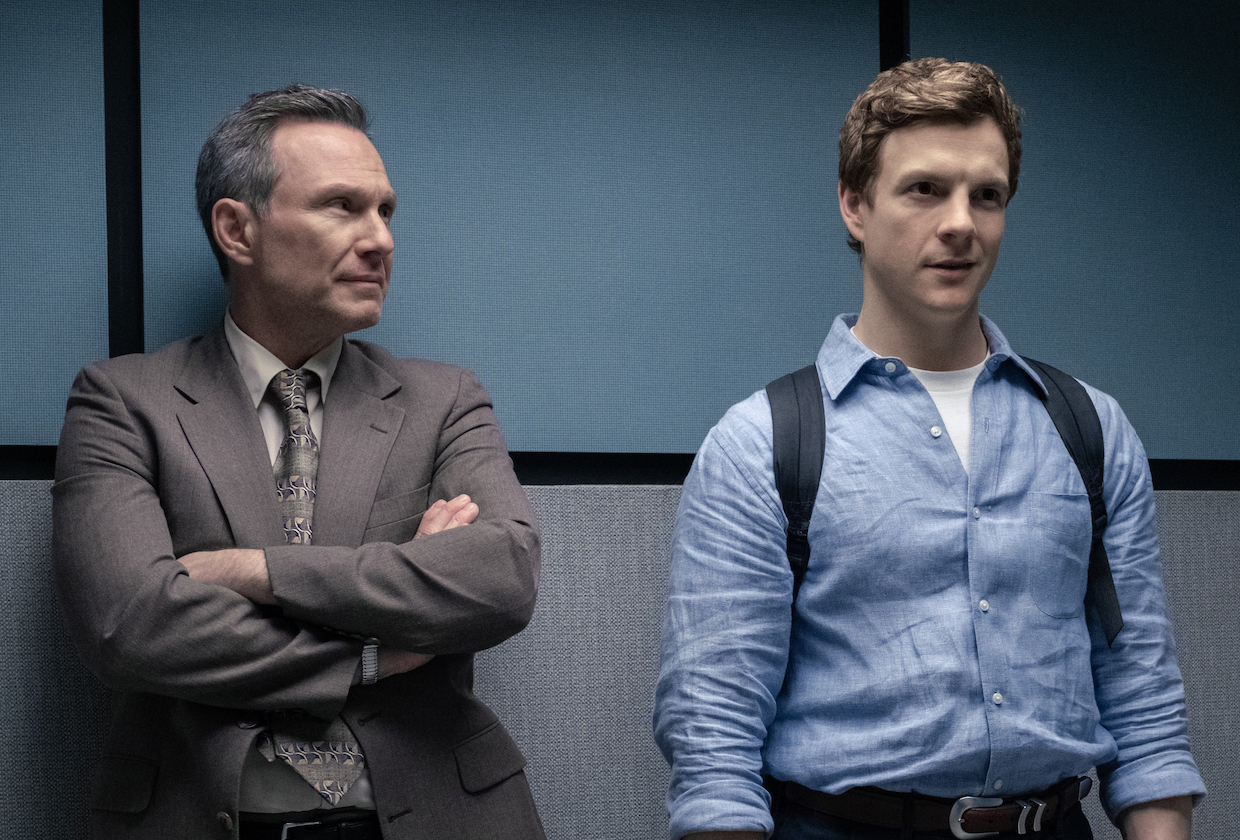In a move that has sent familiar ripples through the fan community, Paramount+ and Showtime have officially pulled the plug on Dexter: Original Sin, the much-anticipated prequel series. The decision comes as the networks reportedly shift their focus towards a new installment: Dexter: Resurrection. For a franchise that has consistently navigated the intricate dance between critical acclaim and audience expectation, this latest development signals a continued evolution – or perhaps, a persistent search for the perfect narrative killer.
The Premise That Was: `Original Sin`
Dexter: Original Sin was set to delve into the formative years of Dexter Morgan, placing audiences in 1991 Miami, a full 15 years prior to the events of the original, iconic series. The concept promised a deep dive into young Dexter`s mind as he began his internship with the Miami Metro Police Department. It was here, as the narrative proposed, that his infamous “Dark Passenger” would truly take shape, directing his unique brand of vigilante justice against criminals who had, by the system`s own failings, managed to evade punishment. The idea of exploring the genesis of such a complex character was inherently appealing, offering a rich tapestry for psychological exploration. Alas, according to sources at Variety, while a second season was initially teased, active development never truly commenced.
A New Horizon: `Dexter: Resurrection`
With Original Sin now relegated to the annals of “what-ifs,” the spotlight shifts entirely to Dexter: Resurrection. While details regarding this new project remain shrouded in the kind of calculated mystery befitting the franchise, the title itself suggests a potential return or revival of themes, characters, or perhaps even an entirely fresh perspective within the Dexter universe. This pivot highlights a strategic re-evaluation by the networks, prioritizing a different creative direction over the previously announced prequel.
A Troubled Legacy: `New Blood` and the Franchise`s Quest
This isn`t the first time a spin-off or continuation in the Dexter saga has faced a challenging path. Fans will recall the 2021 limited series, Dexter: New Blood, which brought Michael C. Hall`s Dexter Morgan back to screens after an eight-year hiatus. Despite high anticipation and initially strong viewership, New Blood concluded its run after a single, somewhat divisive season. The cancellation of Original Sin, following closely on the heels of New Blood`s curtailed narrative, paints a picture of a franchise grappling with the delicate balance of expanding its universe without diluting the potent appeal of its source material.
The original Dexter series, which ran from 2006 to 2013, garnered significant critical acclaim and a dedicated global fanbase, achieving impressive ratings of 8.6 out of 10 on IMDb and 8.3 out of 10 on Kinopoisk. Its success was rooted in its unique premise, compelling character development, and a morally ambiguous protagonist who, despite his horrific acts, managed to secure a strange empathy from viewers.
The Enduring Challenge of Expanding a Beloved Narrative
The technical challenge of expanding a universally beloved series like Dexter is considerable. Fan expectations are invariably sky-high, often making it difficult for any new iteration to entirely capture the original`s unique magic. Creative teams must navigate the delicate task of introducing fresh narratives while remaining faithful to the established lore and character psychology. Furthermore, evolving media landscapes and shifting network priorities can influence production decisions, leading to abrupt changes in a project`s trajectory, even after public announcements.
One might observe, with a touch of professional irony, that replicating the precise formula for a serial killer`s compelling journey appears to be a far more intricate endeavor than the initial act of creation. It seems even a meticulously planned `Dark Passenger` can hit a few narrative speed bumps when attempting to extend its journey across multiple timelines and iterations.
What`s Next for the Dark Passenger?
As Dexter: Original Sin becomes another cautionary tale in the annals of TV development, the focus definitively shifts to Dexter: Resurrection. Fans, having already weathered the somewhat contentious conclusion of New Blood, are now left to ponder if Miami`s favorite serial killer is destined to simply *not stay dead* in the minds of network executives. The franchise, much like its protagonist, continues to adapt, survive, and perhaps, find new ways to pursue its particular brand of justice – or, at the very least, new narrative paths to explore. Whether Resurrection will finally offer the long-term vitality the franchise seeks remains to be seen, but one thing is clear: the lure of Dexter Morgan`s dark world continues to be a powerful, if sometimes elusive, draw.

